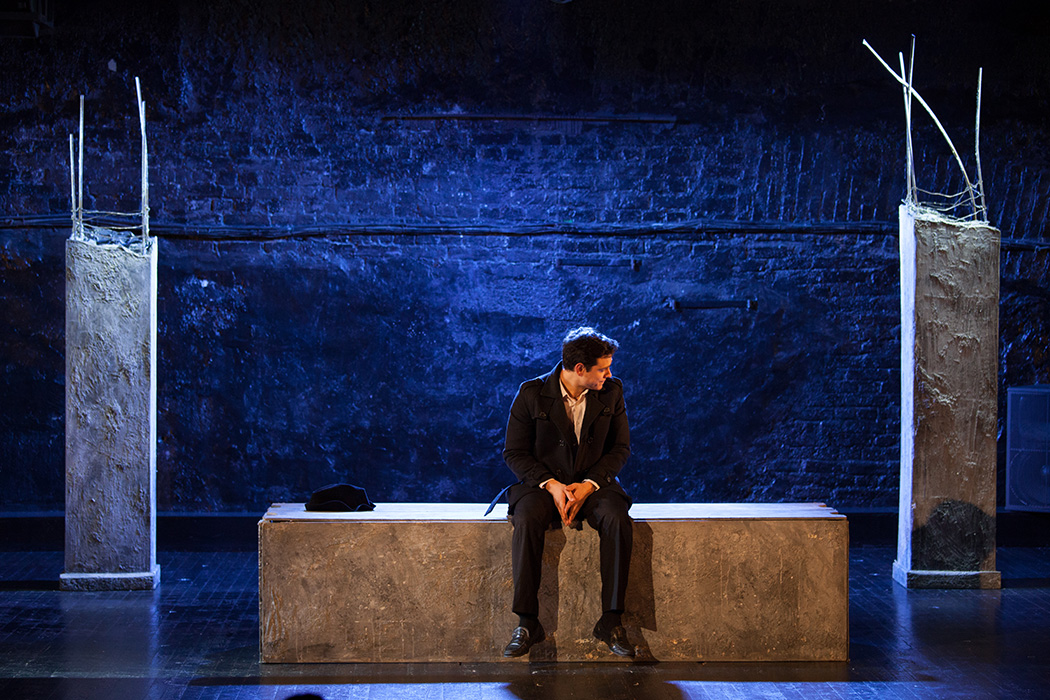5 years
course duration
₽ 711 000 per year
price
specialist program
academics
Course overview
Students study the following professional disciplines:
- Composition basics;
- Academic drawing;
- Academic painting;
- Performance backdrop technology;
- Stage structure and equipment;
- Computer graphics;
- Theatre buildings and equipment;
- Stage design composition;
- Perspective basics;
- Stage costume composition and creation technology;
- Designer’s work with director, etc.
During the 5-year Theatre designer course students learn the history of theatre and stage design, stage organization and equipment and get to know the latest novelties in the field of stage performance. Apart from that they study drawing and painting, descriptive geometry and history of architecture and costume. Future specialists have practical trainings in theatres where during their final years they work with directors as designers, choose music, create costumes and work with stage lightning.
Theory
During the course students study the following liberal arts disciplines: history, history of Russian and foreign theatre, history of Russian and foreign literature, history of the cinema, music, philosophy, aesthetics, history of the theatre decorative art, art history, and many others.
Practice
Students can do practical training at the major Moscow theatres.
Language
Foreign students study Russian language for 5 years, therefore getting a good knowledge of the Russian language as a bonus.
Diploma
Graduates receive state diploma valid throughout the world.
Entrance exam
Foreign citizens take only special disciplines.
-
Academic drawing and painting (professional practical examination)
The drawing shows the applicants’ ability to arrange an image on a sheet, take exact proportions, build human’s figure preserving the distinctive proportions of the model, make the image complete on the final stage. Painting — the still-life in a free technique (watercolor, tempera, gouache, oil). It is necessary to compose a still-life painting in space, show the main coloring and color correlations in the composition.
-
Composition (creative practical examination)
Composition implies the applicant’s ability to define the main idea of the dramatic work (list of plays is offered in advance) and ability to reflect this idea in the characters on paper with any means (watercolor, tempera, gouache, pencil, application) and implement it in volume on the mannequin. This can be one general sketch or scene-by-scene storyboard. The main attention is paid to the sketch’s compositional arrangement.
-
Colloquium (oral)
Colloquium is aimed to unveil the professional abilities of the applicants. At the interlocution the ability for creative thinking and the erudition are checked, it’s a free conversation on the broad range of theatre issues and culture in general.










